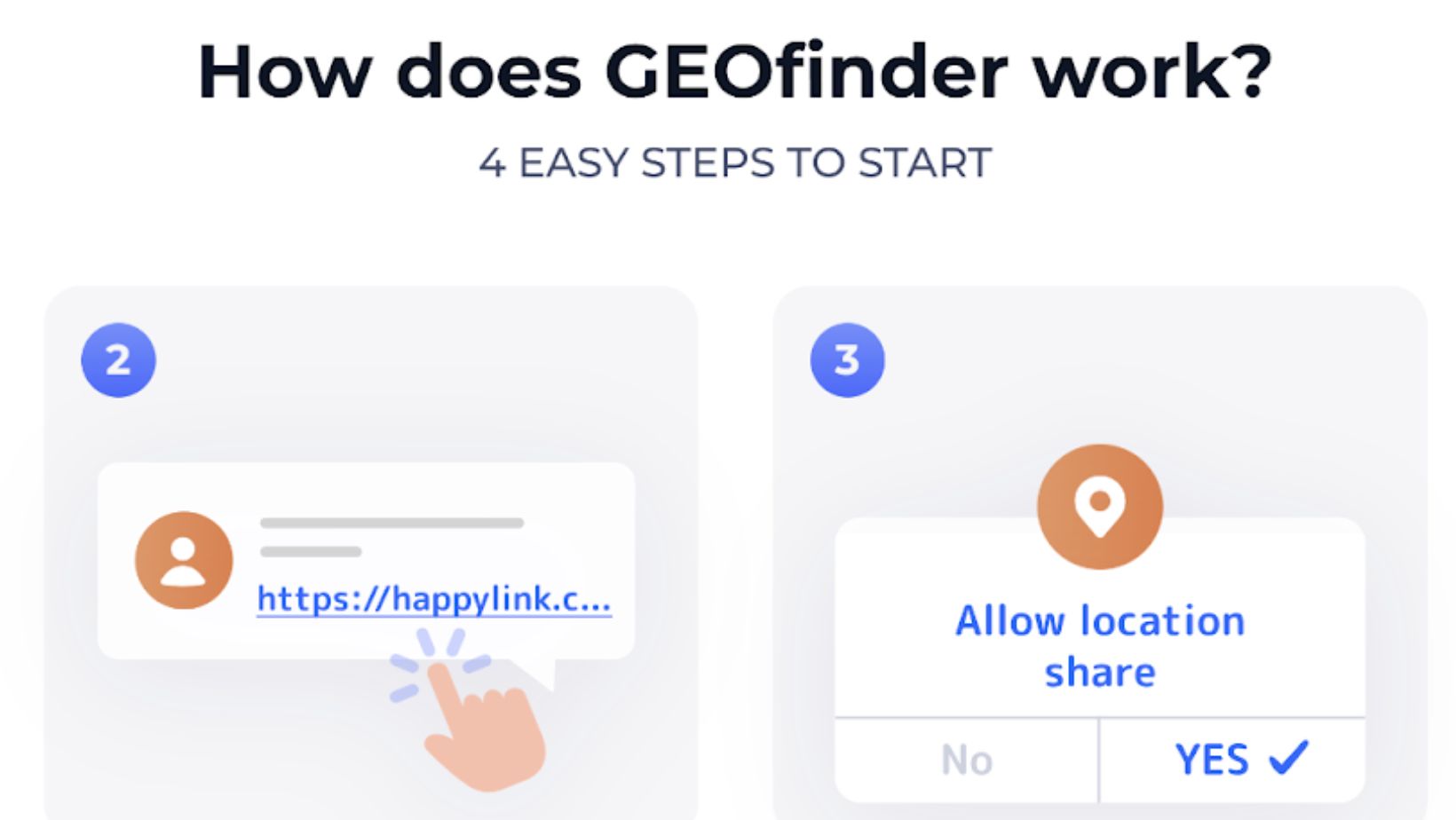Table of Contents
ToggleIntroduction
Intensive outpatient treatment (IOT) has become a vital component in the mental health and substance abuse treatment landscape. This treatment modality offers structured therapy while allowing patients to live at home, balancing treatment with everyday life. As with any healthcare service, IOT is governed by a complex web of legal and ethical considerations designed to protect both patients and providers.
Understanding Intensive Outpatient Treatment
Intensive outpatient programs (IOPs) typically involve several hours of therapy per day, multiple days a week. This can include individual counseling, group therapy, and other therapeutic activities. IOPs often serve as a step down from inpatient care or as a more involved option for those who don’t require full-time residential care.
Legal Considerations
1. Confidentiality and Privacy
Under laws like the Health Insurance Portability and Accountability Act (HIPAA) in the United States, patient information in IOPs is strictly confidential. This includes treatment records and even the fact that someone is receiving treatment. Violations can result in legal penalties.
2. Informed Consent
Patients must be fully informed about the nature of their treatment, including potential risks and benefits.

Consent must be given voluntarily, without coercion, and patients should have the capacity to make informed decisions.
3. Licensing and Regulations
IOPs must comply with state and federal regulations, which include facility licensing, staff qualifications, and treatment standards. Non-compliance can lead to legal action, including fines and closure.
Ethical Considerations
1. Patient Welfare
The primary ethical duty of IOP providers is to ensure the welfare of their patients. This involves providing competent care, avoiding harm, and respecting patient autonomy.
2. Dual Relationships
Avoiding dual relationships, where the therapist and patient have another type of relationship outside of therapy, is crucial. Such situations can create conflicts of interest and undermine professional boundaries.
3. Cultural Competence
Providers must be culturally competent, offering services that are respectful of and responsive to the health beliefs, practices, and cultural and linguistic needs of diverse patients.
Navigating Complex Cases
1. Managing High-Risk Patients
IOPs often deal with high-risk patients, including those with a history of self-harm or severe substance abuse.

Managing these cases requires balancing ethical obligations for patient welfare with legal considerations like a duty to warn in cases of potential harm to self or others.
2. Confidentiality vs. Mandatory Reporting
There are scenarios where providers might be legally required to breach confidentiality, such as in cases of child abuse or when a patient poses an imminent threat to themselves or others.
Conclusion
Legal and ethical considerations in intensive outpatient treatment are intricate and vital for the provision of safe and effective care. They protect the rights and well-being of patients while guiding providers in delivering ethical and legally compliant care. As the landscape of mental health and substance abuse treatment evolves, so too will the legal and ethical frameworks that govern it, necessitating ongoing education and adaptation by providers.






